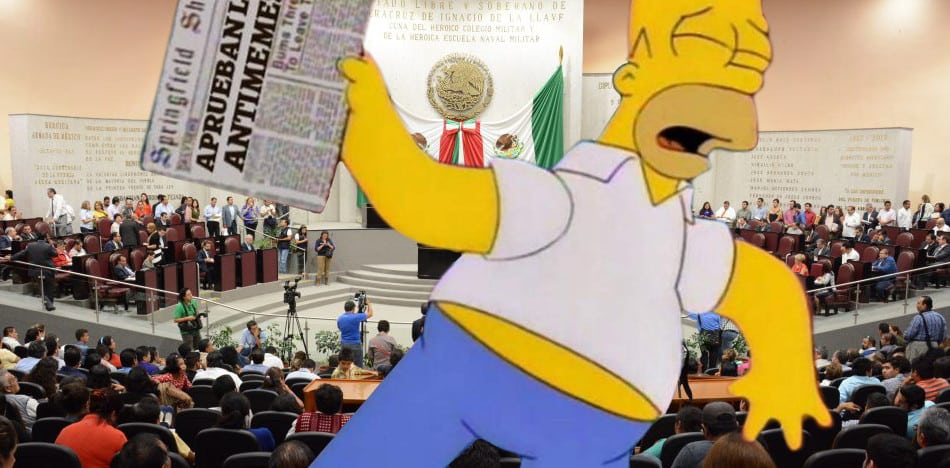The purpose of the memes, since they were introduced, was to amuse users of social networks with their images and texts that denoted the creativity of people, however, times have changed and now these turn out to be a way of offending people.
The anti-memes law, which was recently approved in the LXIV Legislature of the state of Veracruz, consists of a criminal amendment that considers it a crime to post memes that could be offensive to an individual.
According to Article 196 . . .






